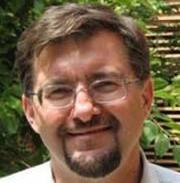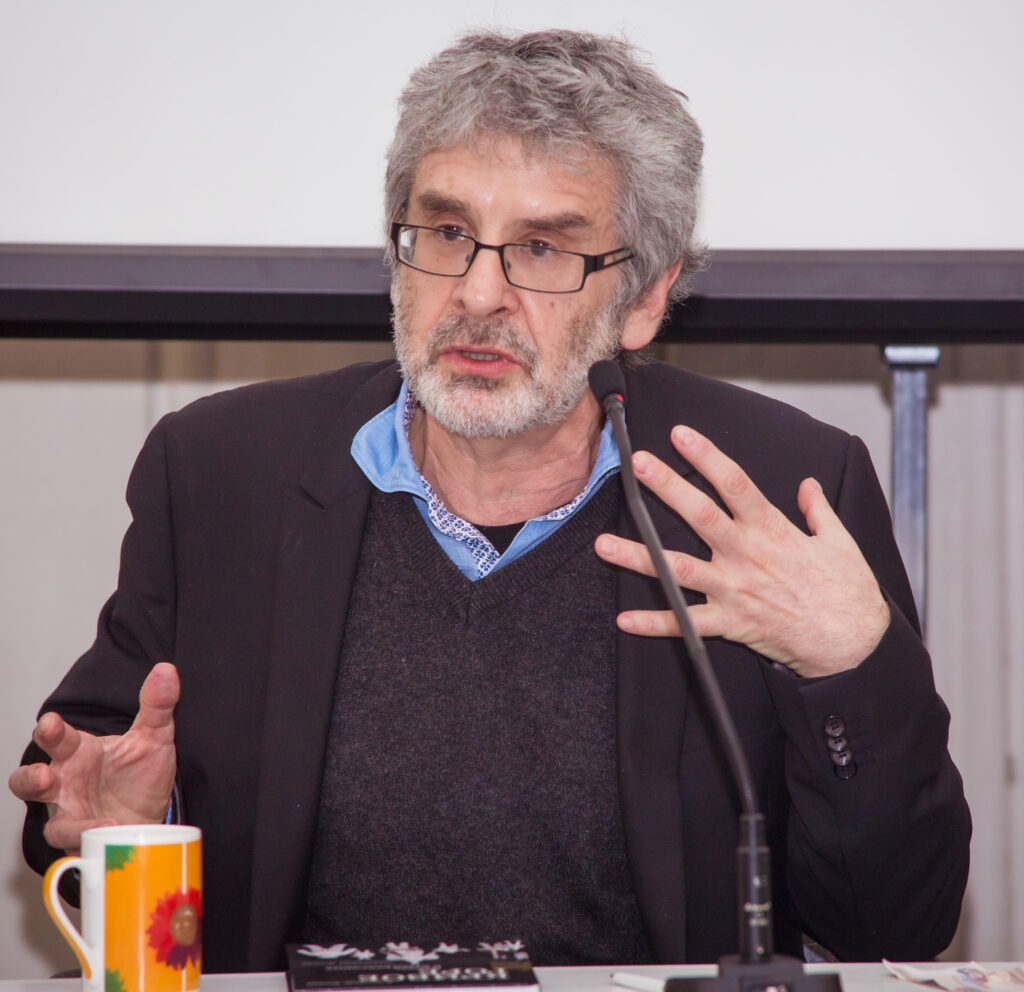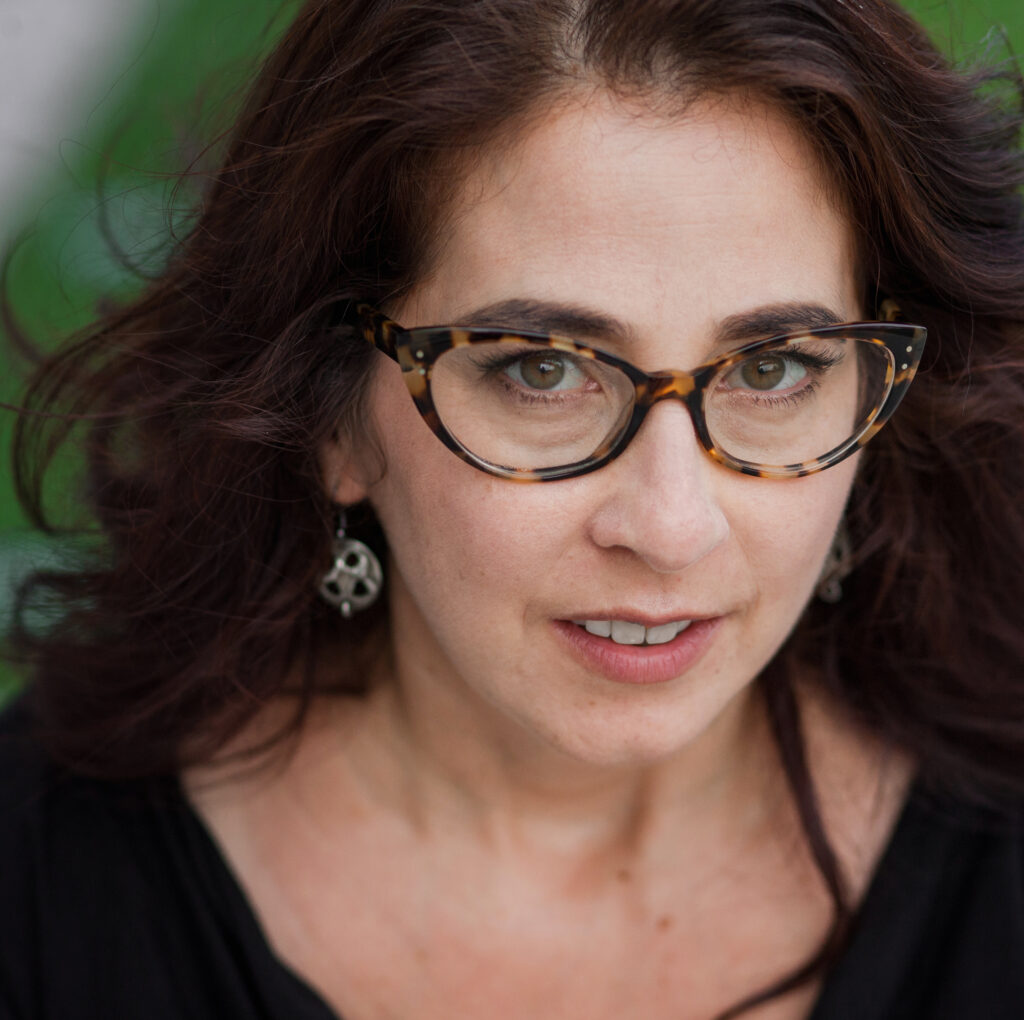Organizers: prof. UAM dr hab. Maciej Michalski – maciej.michalski@amu.edu.pl, dr Magdalena Lachowicz – malachow@amu.edu.pl (Department of History AMU).

Prof. Serhii Plokhii (Mykhailo S. Hrushevs’kyi Professor of Ukrainian History, Department of History, Director, Ukrainian Research Institute, Harvard University) research interests include the intellectual, cultural and international history of Eastern Europe, with a particular focus on Ukraine. He teaches courses and seminars in early modern and modern Eastern European history, covering major issues in the history of Ukraine, Russia, Belarus, Poland and Lithuania. In 2007. Plokhii was appointed the Mykhailo Hrushevsky Professor of Ukrainian History at Harvard. Since 2013, he has been director of the Harvard Ukrainian Research Institute, where he leads a group of scholars working on MAPA: A Digital Atlas of Ukraine, a GIS-based online project. His first monograph, The Papacy and Ukraine, was one of the few books published in the Soviet Union that dealt with the history of the papacy as an academic subject rather than an object of atheist propaganda. One of Plokhia’s best-known contributions to the study of early modern history is The Origins of the Slavic Nations, a comprehensive overview of the history of the region that rejects primordialist ideas postulating the existence of one or three nations – Russian, Ukrainian and Belarusian – of East Slavs before the rise of nationalism. Instead, it proposes an alternative scheme for the development of pre-modern identities of the East Slavs.
Selected Publications:
Atoms and Ashes: A Global History of Nuclear Disasters, W.W. Norton 2022;
The Frontline: Essays on Ukraine’s Past and Present, HURI 2021;
Nuclear Folly: A History of the Cuban Missile Crisis, W. W. Norton, 2021;
Forgotten Bastards of the Eastern Front: American Airmen behind the Soviet Lines and the Collapse of the Grand Alliance, Oxford University Press, 2019;
Chernobyl: The History of a Nuclear Catastrophe, Basic Books, 2018;
The Gates of Europe: A History of Ukraine, Basic Books 2015;
The Last empire: The Final Days of the Soviet Union, Basic Books 2015;
The Cossack Myth: History and Nationhood in the Age of Empires, Cambridge University Press 2012;
Yalta: The Price of Peace, Viking/Penguin 2010; 2011;
His books have won numerous awards, including the Ballie Gifford Prize and the Shevchenko National Prize (2018).

Alexader Etkind (Department of International Relations, Central European University, Vienna) joined the Department of International Relations in 2022. Previously, he taught at the European University Institute in Florence (2013-2022), the University of Cambridge (2004-2013) and the European University in St. Petersburg (1999-2004). Alexander received his PhD in Russian cultural history in Helsinki (1998) and has supervised over 30 PhD students in Europe. His current interests are political aspects of the Anthropocene, global decarbonisation and security in Eastern Europe. In the past, he has also worked on memory studies, European intellectual history, empires and decolonisation, and various aspects of Russian history. As a Fellow at King’s College, Cambridge, Etkind was the leader of the European research project Memory at War: Cultural Dynamics in Poland, Russia and Ukraine (2010-13).
Selected Publications:
Russia against Modernity, Polity Press 2023;
Nature’s Evil: A Cultural History of Natural Resources, Polity Press 2021;
Roads not Taken. An Intellectual Biography of William C. Bullitt, Pittsburgh University Press 2017;
Warped Mourning: Stories of the Undead in the Land of the Unburied, Stanford University Press 2013;
Internal Colonization: Russia’s Imperial Experience, Polity Press 2011;
Eros of the Impossible. The History of Psychoanalysis in Russia, Westview Press 1996.
Alexander Etking coedited Remembering Katyn (Polity Press 2012), Memory and Theory in Eastern Europe(Palgrave 2013) and Cultural Forms of Protest in Russia (Routledge 2017).

prof. Marci Shore (Department of History, Yale University) teaches modern European intellectual history. She received her M.A. from the University of Toronto in 1996 and her Ph.D. from Stanford University in 2001; before coming to Yale, she taught at Indiana University. Her research focuses on the intellectual history of Central and Eastern Europe in the 20th and 21st centuries. She is the translator of Michał Głowinski’s Black Seasons and the author of Caviar and Ashes: A Warsaw Generation’s Life and Death in Marxism, 1918-1968, The Taste of Ashes: The Afterlife of Totalitarianism in Eastern Europe and The Ukrainian Night: An Intimate History of Revolution. In 2018, she was awarded a Guggenheim Fellowship for her current book project, a history of phenomenology in Central and Eastern Europe, tentatively titled ‘Eyeglasses Floating in Space: Central European Encounters That Came About While Searching for Truth’. He is a regular contributor to the Institute of Human Sciences in Vienna. He is currently co-curator of the Eurozine public seminar/forum ‘On the pros and cons of historical comparisons for life’ (title stolen from Nietzsche): https://publicseminar.org/essays/the-last-time-i-saw-them-new-democracy-seminar-forum/
Selected Publications:
Ukraińska noc. Rewolucja jako doświadczenie, przeł. Marcin Szuster, Warszawa: Wydawnictwo Krytyki Politycznej 2018;
The Ukrainian Night: An Intimate History of Revolution, Yale University Press 2017;
The Taste of Ashes, Crown Books/Random House 2013 (UK edition: Heinemann, German edition: Beck, Polish edition: Świat Książki);
Nowoczesność jako źródło cierpień, przeł. Marcin Szuster, Warszawa: Wydawnictwo Krytyki Politycznej 2012.
© 2023 All Rights Reserved